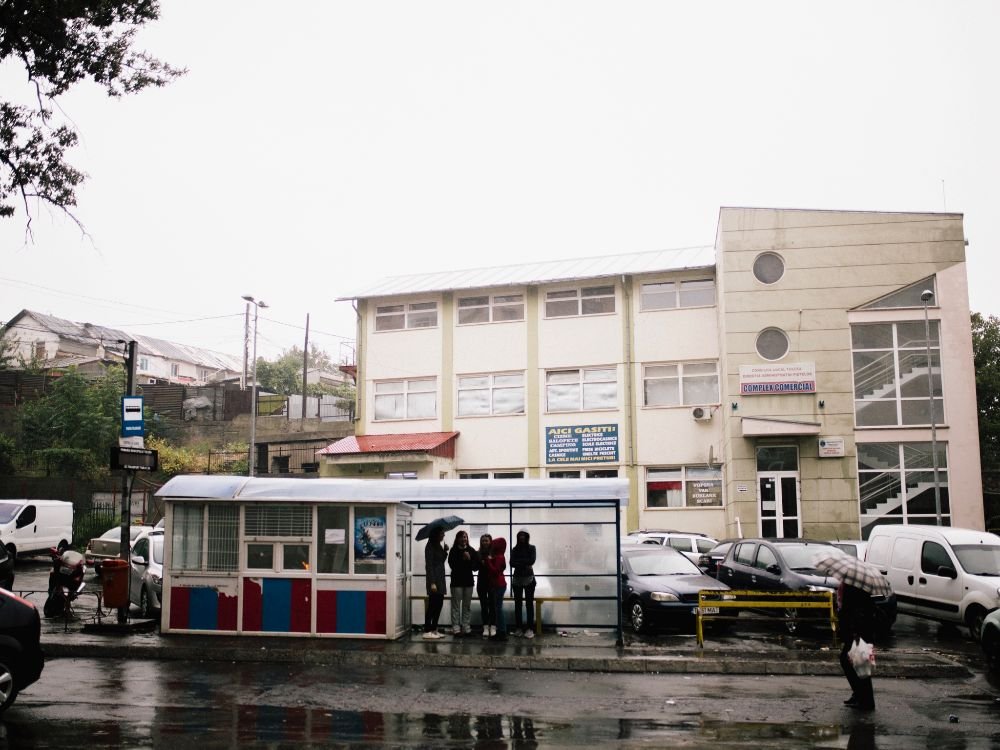
Eastern Europe
Expanding Our Reach
From Romania to Eastern Europe
Our extensive experience in Romania has illuminated a broader issue across Eastern Europe. The vulnerabilities that lead to trafficking in Romania—poverty, lack of education, weak family structures, and insufficient state protection—are not unique to this country. They are prevalent throughout the region, creating a fertile ground for traffickers. Recognizing these similarities, we have made the strategic decision to expand our work into neighboring countries, starting with Poland and Moldova. Due to the full-scale invasion of Ukraine, we will also be working directly with Ukrainian refugee children in Poland with our partners.
Understanding Source & Destination Countries
In the context of human trafficking, Eastern European countries like Romania, Moldova, Ukraine, and Poland are often referred to as "source countries." This means that people, particularly vulnerable groups, are trafficked from these nations to other regions, primarily Western Europe, which are considered "destination countries." Destination countries are where trafficked individuals are exploited, often in forced labor, sexual exploitation, or other forms of abuse.
While this flow continues to occur, it’s also important to note that Romania, Moldova and Poland are also becoming “destination countries” for people from various Asian, African, and Latin American countries.
The Impact of the Ukrainian Refugee Crisis
The full-scale invasion of Ukraine has exacerbated the trafficking profile in Eastern Europe. With millions of refugees fleeing the conflict, including a significant number of unaccompanied children, the risk of exploitation has increased. Poland and Moldova, being among the primary destinations for Ukrainian refugees, are facing unprecedented challenges. Radiant Hope sees this as an urgent call to action, and we are committed to stepping in to protect these children from further harm.



